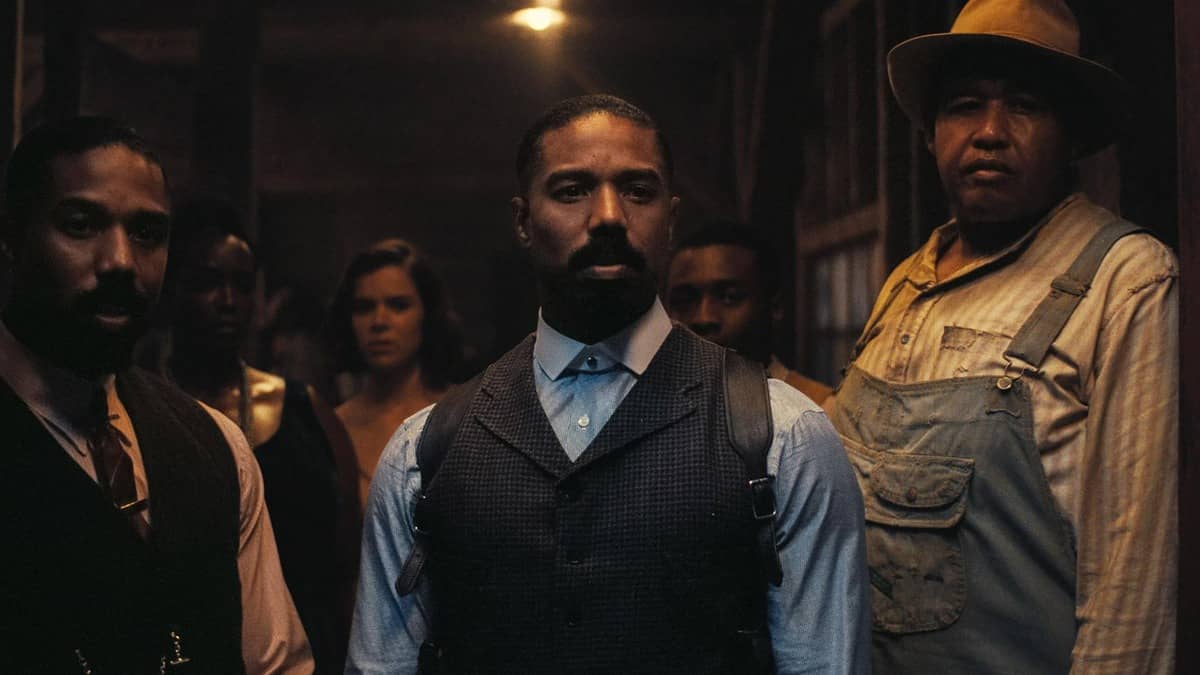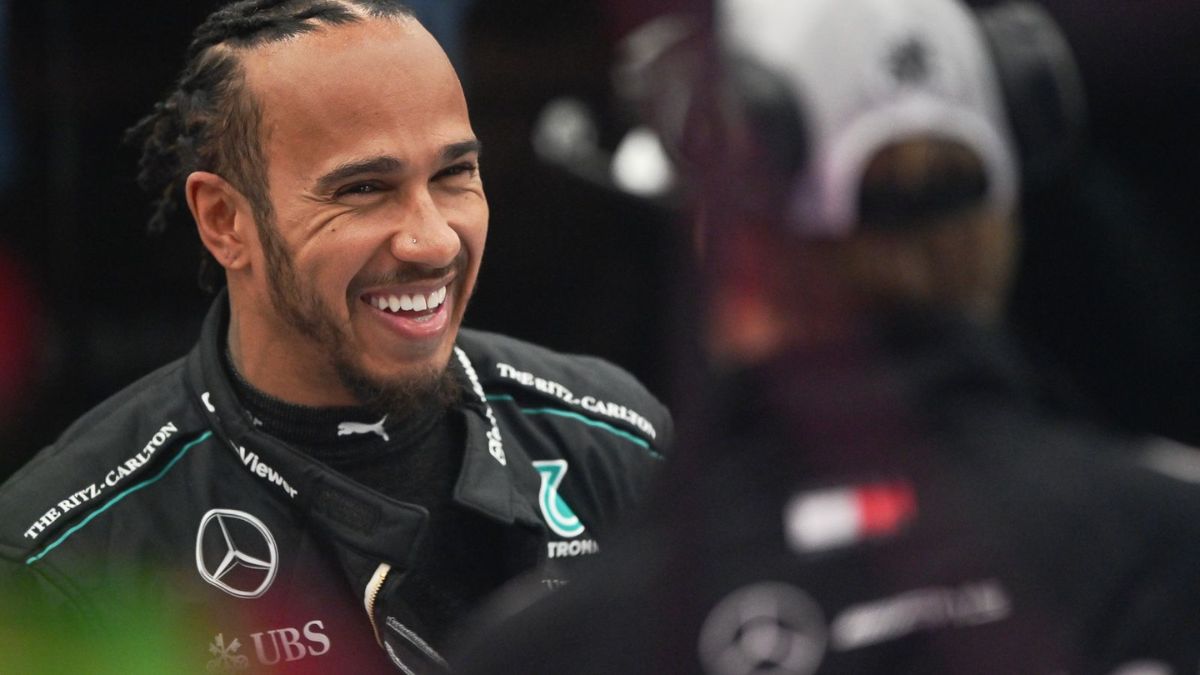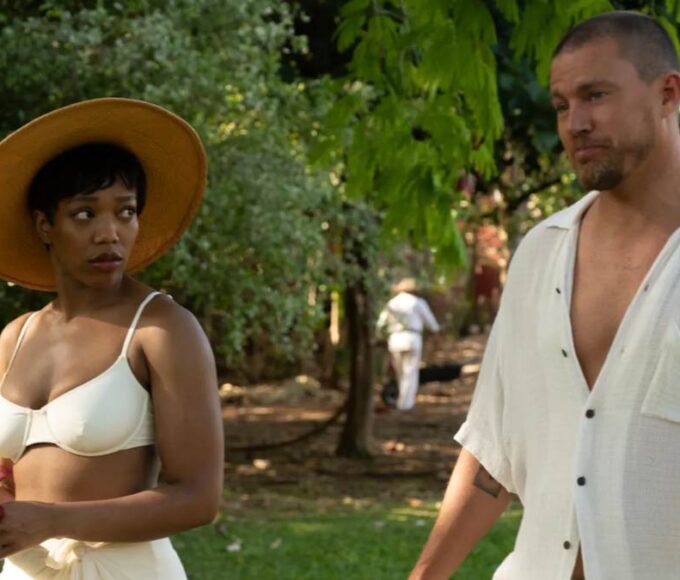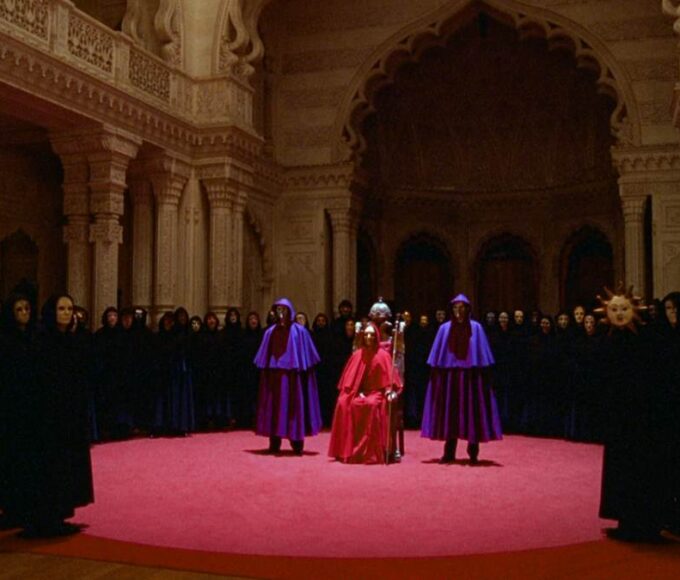Director Ryan Coogler has definitively ruled out making a sequel to his hit horror film “Sinners,” criticizing Hollywood’s addiction to franchise-building and calling for more original storytelling.
In an interview with Ebony magazine, Coogler explained his decision to keep the Michael B. Jordan-led film as a standalone story, despite its box office success. “I’ve been in a space of making franchise films for a bit, so I wanted to get away from that,” he said. “I wanted the movie to feel like a full meal: your appetizers, starters, entrees, and desserts, I wanted all of it there.”
The film, which blends horror with Carpathian mythology while addressing themes of race, religion, and historical whitewashing, stars Jordan in dual roles alongside Hailee Steinfeld, Jack O’Connell, and breakout performer Miles Caton. Set in the American South, it follows twin gangster cousins who return home with plans to open a juke joint, only to encounter supernatural forces.
Coogler’s stance represents a notable departure from industry norms, particularly given his proven track record with franchises. He successfully revitalized Marvel’s Black Panther franchise, turning it into a billion-dollar cultural phenomenon, and breathed new life into the Rocky series with his acclaimed “Creed” films.
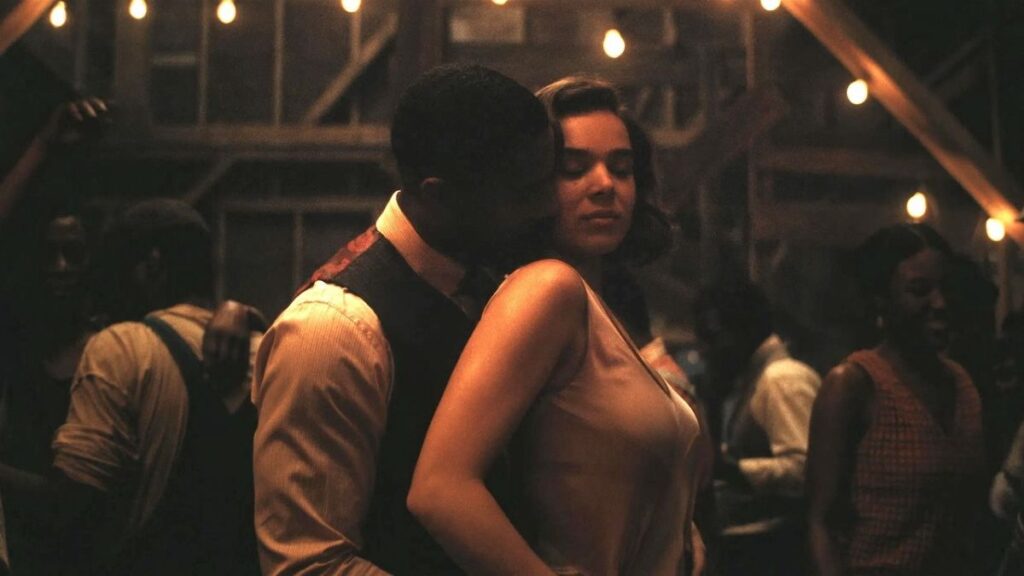
“I wanted it to be a holistic and finished thing. That was always my intention,” Coogler told Ebony, emphasizing his desire to deliver something “original and unique” to audiences.
The director’s decision reflects growing criticism of Hollywood’s reliance on sequels and cinematic universes. “Sinners” unfolds as a parable rather than a traditional hero’s journey, with an ending designed to force characters to confront uncomfortable truths rather than set up future installments.
Industry observers note that Coogler’s approach challenges the current entertainment model, where successful original films are typically developed into content pipelines. His ownership deal with Warner Bros. gives him creative control over the property, allowing him to resist sequel pressure.
The film explores complex themes including colonialism, assimilation, and generational trauma through its supernatural narrative. Critics have praised its refusal to simplify these issues for mass consumption, with many arguing that a sequel would dilute its impact.
Coogler’s stance has drawn comparisons to other successful standalone genre films like “Get Out” and “Children of Men,” which gained power from their singularity rather than expansion into franchises.


